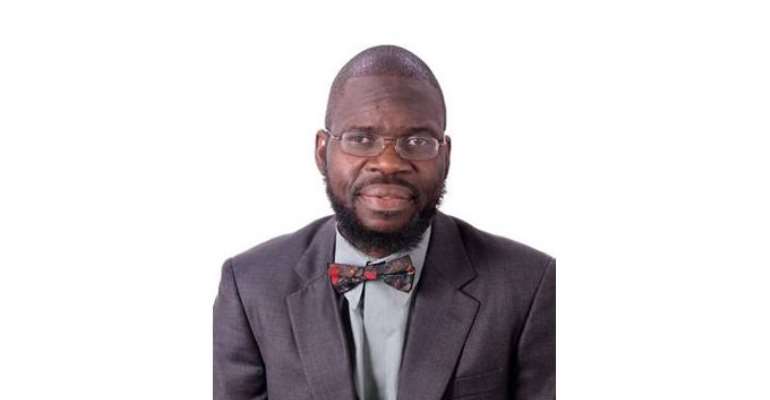A Nigerian Health System Solutions, Part One

Nigeria needs to continue to have a healthy human resource in order to fully thrive and progress in the 21st century. To achieve a substantial and sustainable state, and a national health system, a strong multi-sectoral approach is highly needed in the face of our huge multi-ethnic and linguistically diverse society.
We will all admit that our healthcare centers and people are generally in distressed conditions at this time.
According to what I call Psychoafricalysis or African centered psychological health perspectives, a multi-strategic preventive health interventions care system is a more realistic approach as we make gradual improvements in our health care system.
As Nigeria's population remain on an explosion course and being on track to become the third-highest population in the world, despite any form of massive financial and resource expansion, a primary health care rooted on prevention and community involvement programs integrated into all levels of care is paramount at this time.
For far too long, our curative health system seen across public hospitals mostly, remains in a perpetual sate of distress due to factors like overpopulation, chronic doctors’ deficit, poor electrical generation, poor communication apparatus, and limited related infrastructures.
Considering these limiting factors, Nigeria should vigorously take to a preventative health care model at the primary care level that is fully and closely linked to research and development.
In other words, a system of integration and whole-person approach to healthcare should be the way forward because of its pro-active approach to healthcare in general. Let’s create what I call visiting health advocates, visiting health nurses, visiting health educators trained in basic medical skills like taking blood pressure and checking heart rates. They will be involved in educating families, students, sellers, traders and workers about work related stress, risky sexual acts, risky driving, risky motorcycling, risk of not washing hands, the risk of smoking, drug use, risk of contaminated air, food or water, excessive salt intake, excessive alcohol, herbal precautions, and home safety measures, proper eating and exercising.
These trained healthcare visitors to homes, neighborhoods and work settings should be trained on ways to screen in the areas of cholesterol, osteoporosis, obesity, malnutrition, tobacco use, and depression, plus vaccinations and self-medication.
In the face of these clinically appropriate preventative services, policy makers and administrators in the area of healthcare will see a marked reduction in risk for heart disease, stroke, asthma, diabetes, anemia, cancer, and other chronic diseases.
A preventative caring approach will increase life expectancy, reduce infant mortality, maternal mortality and general mortality rate, and result in cost savings, enhanced physical wellbeing, mental and behavioral health.
Let’s make preventative healthcare approach a national priority as it is all about managing the people’s health, becoming less of a reactive healthcare system, becoming more of a preventive health care system as well navigating the health care system in a way that benefits the government and the governed.
John Egbeazien Oshodi, Ph.D. is a Florida based Forensic/Clinical Psychologist with a focus on emerging democracies. [email protected]
..
